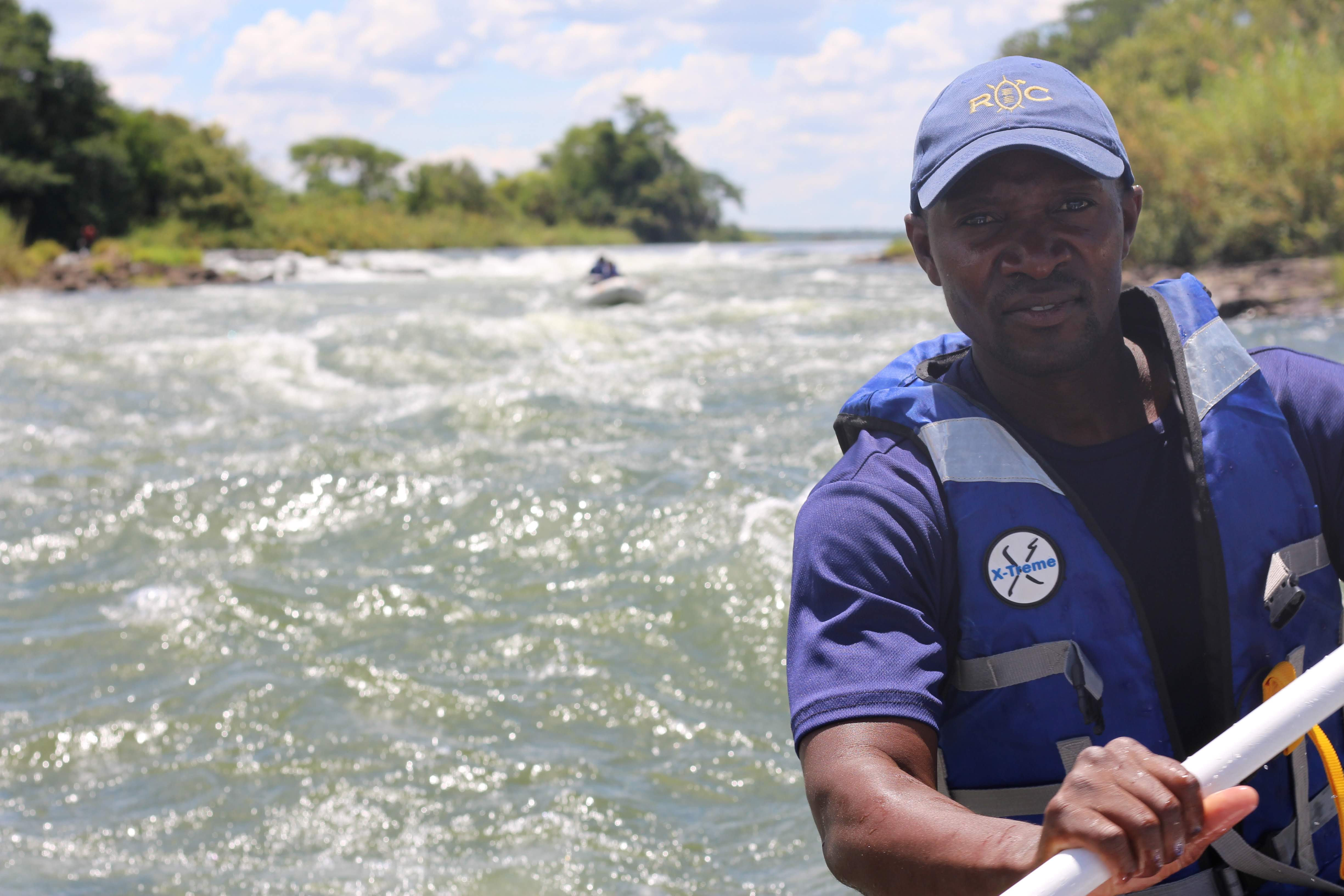
Chef Presidas Kabunda is one of our beloved Bemba-speakers at Royal Chundu
There is a beautiful description of a Bemba ceremony recited in the book, “Contact, The First Four Minutes,” by Leonard Sunin.
The story goes…
“The Babemba tribe of Africa believes that each human being comes into the world as good. Each one of us only desiring safety, love, peace and happiness. But sometimes, in the pursuit of these things, people make mistakes. When a person acts irresponsibly or unjustly, he/she is placed in the center of the village, alone, unfettered. All work ceases. All gather around the accused individual. Then each person of every age, begins to talk out loud to the accused. One at a time, each person tells all the good things the one in the center ever did in his/her lifetime. Every incident, every experience that can be recalled with any detail and accuracy, is recounted. All positive attributes, good deeds, strengths, and kindnesses are recited carefully and at length. The tribal ceremony often lasts several days, not ceasing until everyone is drained of every positive comment that can be mustered. At the end, the tribal circle is broken, a joyous celebration takes place, and the person is symbolically and literally welcomed back into the tribe.”

The Bemba people are one of the over 70 tribes in Zambia and considered the biggest ethnic grouping in the country. Their language, Chibemba or Bemba, is mostly spoken in the northeastern plateau, but it is also a dialect used in the Democratic Republic of the Congo, Zimbabwe and southern Tanzania. Many Bemba words can also be found in Swahili. While many tribes in Zambia share a similar vocabulary, the different languages are mostly not mutually understood. Many Zambian people as a result have learnt to speak several languages – a maternal language as well as several others, with English being the national language of Zambia. Time for us all to learn a few more too, then…
Become a Bemba Boss with Lesson #19 in the Royal Chundu Homeschool!
Let’s practice a few Bemba greetings for when you next visit Zambia! Some of our favourites are:
Have a good journey / bon voyage – Mwende bwino!
Cheers / good health when toasting – Chileshe!
I miss you – Nkakufuluka
I love you – Niwe natemwa
Nalikutemwa (singular)
Nalimutemwa (plural)

Hello – Muli shani / Hello (informal) – Uli shani
How are you? – Muli shani ?
Fine, thank you – Ndi fye bwino, natolela
What is your name? Niwe nani ishina?
My name is ______ . – Ishina lyandi ni ne _____ .
Nice to meet you – Chawama ukukumona
Please – Napapata, ndekulomba
Thank you – Natotela
You’re welcome – Eya mukwai
Good morning / afternoon – Mwashibukeni
Have a nice day – Tandalenipo umutende OR Bombenipo umutende
Good evening – Chungulopo mukwai
Good night – Sendamenipo
Good night (to sleep) – Sendamenipo naya mukutuusha
Goodbye – Shalenipo; Kafikenio / Goodbye (informal) – Shalapo















